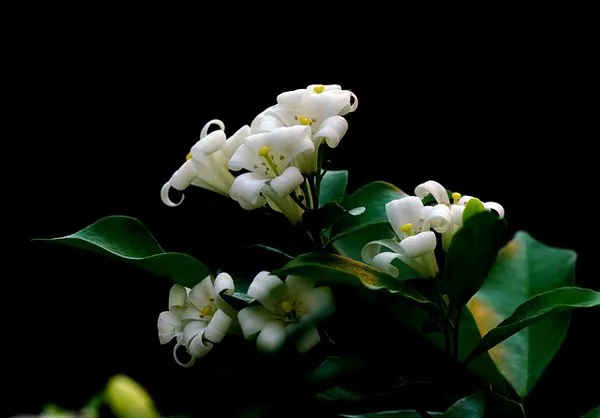GAINESVILLE, FL – According to recent research conducted by the University of Florida’s Institute of Food and Agricultural Sciences (UF/IFAS), both growers and consumers share a strong desire to promote wildlife-friendly plants. The study shows that while consumers express a willingness to purchase such plants, some struggle to identify them accurately. This presents an opportunity for better public understanding and the need to ensure that plants genuinely support wildlife.
Laura Warner, an Associate Professor of Agricultural Education and Communication at UF/IFAS and a co-author of the study, commented, “Our research shows there is a lot of interest in buying and growing wildlife-friendly plants among Floridians, and there are also opportunities to improve public understanding of the concept itself as well as how to source such plants.”
In the long term, UF/IFAS researchers aspire to establish “University of Florida Biodiversity Certified Plants,” a certification label that would confirm a plant’s status as “biodiversity certified.”
Caroline Nickerson, a doctoral student supervised by Warner, led the study, which defines “wildlife-friendly” as native or nonnative ornamental plants that attract and safely support beneficial insects, birds, and other wildlife. These plants offer essential resources, such as pollen, nectar, berries, fruit, foliage, and seeds that are both attractive to wildlife and safe for their consumption. The study’s findings were published in the journal HortTechnology.
Of the 868 consumers surveyed, nearly 90% expressed their likelihood to purchase wildlife-friendly certified plants and highlighted the benefits they would gain from doing so. Approximately 75% of consumers believed they could distinguish between plants that are wildlife-friendly and those that are not.
Among the 75 growers surveyed, 70% stated they were likely or very likely to include wildlife-friendly certified plants in their inventory when available.
In addition to gauging interest, the study aimed to define “wildlife-friendly” and its significance. The researchers emphasized the importance of certification by providing an example of a consumer purchasing a plant from a retail store, which may have been treated with insecticides. If pesticides are used during the production of these plants, there could be residual toxicity, potentially harming the wildlife that feeds on them post-purchase.
Adam Dale, an Associate Professor of Entomology at UF/IFAS and co-author of the study, emphasized the need to work with growers to ensure they are cultivating plant species with true wildlife value and using appropriate pest management tools. This approach ensures that the plants they grow are safe for the wildlife they are intended to support.
Jaret Daniels, a UF/IFAS Professor of Entomology, curator of Lepidoptera at the Florida Museum of Natural History, and a co-author of the study, added, “Although this is a little down the road, we want to enable consumers to buy with confidence. In essence, we want to cut through all this confusion and minimize risk by labeling them as UF-certified—therefore giving growers confidence in the value of their products and enabling consumers to readily identify wildlife-safe and wildlife-friendly plants that have been thoroughly evaluated.”


